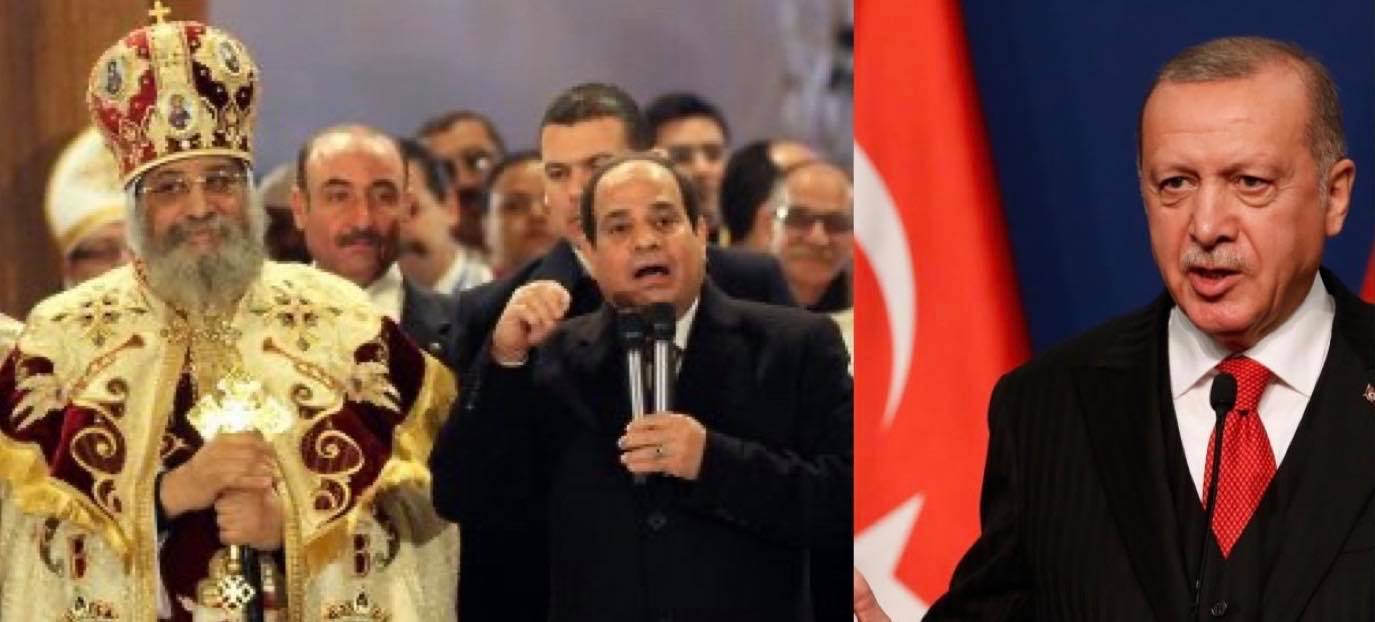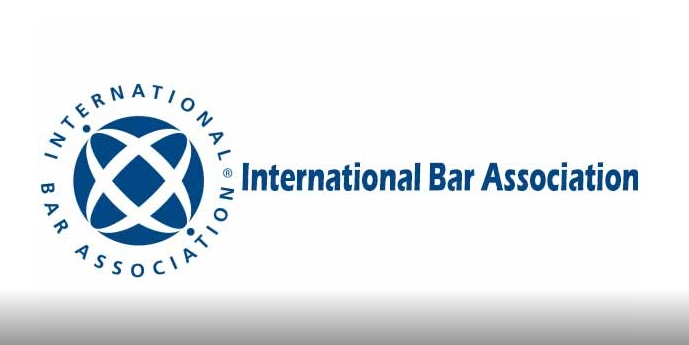As he has for the past several years, General Abdel Fattah al-Sisi
appeared at the Christmas Mass for Orthodox Christians in Egypt and
used this occasion to deliver a speech through which he sent a number
of messages.
Among those messages were not the most important words that the
Egyptians had been waiting for, which is related to the war in Libya. Al-
Sisi did not explicitly answer these questions.
The most important of those messages that al-Sisi sent to the church
was that we must take care of our relationship, maintain it, and not
allow anyone to interfere between us or impact our relations.
Since coming to power, al-Sisi has been keen to visit the church on all
Christmas celebrations, and every year appears among the Orthodox
Christians, the largest religious minority in Egypt and the Middle East.
It is estimated that the Copts represent about 10 per cent of Egypt’s
population of more than 100 million, and are thus the largest Christian
minority in the Middle East.
Political analysts see al-Sisi’s keenness to visit the church not as a result
of his belief in minority rights or the protection of freedom of religion
and worship, but rather as a preservation of the church’s political
support for him.
Since his overthrow of the late President Mohamed Morsi, the church
has supported al-Sisi and has mobilised Christians in every referendum
or election to support al-Sisi.
In contrast, the Egyptian regime has legalised unprecedented numbers
of churches in the history of Egypt.
The church also enjoyed great privileges and the security forces have
released Christians who were arrested randomly. It seemed clear that
the relationship between the two parties was going well.
Although the Orthodox Christians are considered a religious minority in
Egypt, they formed an important part of the solid core supporting
General al-Sisi’s rule, despite the assurances of the patriarchs that they
did not interfere in politics.
However, the relationship between the two parties has been strained
recently due to the arrest of Rami Kamel, the founder of the Maspero
Youth Union movement.
The Maspero Youth Union group was formed in response to violent
incidents that took place in Cairo when the military council took power
in the country after former President Hosni Mubarak stepped down in
2011.
This movement accused the leaders of the Military Council at the time of
being responsible for the killing of 26 Christians in these events. Al-Sisi
was then a member of the Military Council and director of Military
Intelligence.
Egyptian authorities also asked the church to remove a marble plate
with the names of the victims of these events. The plate stipulates the
responsibility of the military council for these events and demands that
those responsible be held accountable, which did not happen.
In late November 2019, Rami Kamel received security threats, and then
he was suddenly arrested, due to his activities related to exposing
violations against Christians in Egypt, according to his opinion.
Al-Sisi’s second letter to the Egyptians was related to Libya, but it was
not clear and did not answer any of their questions, and it seemed like
al-Sisi escaped from talking clearly about this subject.
Al-Sisi said he knows that the Egyptians are worried, but he does not
understand why they are worried and that there is no room for concern.
He added: “There is no cause for concern for one reason, which is that
we are united, and as long as we are united, no one will be able to harm
us.”
Al-Sisi did not address the confirmation or denial of whether or not
there was a public Egyptian military intervention in Libya or not, and
whether or not confrontations will take place with the Turkish army,
which intends to intervene in Libya as well.
Turkey supports the Government of National Accord (GNA) that
controls the Libyan capital Tripoli (west), while Egypt supports the
forces of General Khalifa Haftar (LNA), which considers Benghazi (the
east) the largest city in its control.
The Turkish parliament has approved an agreement that Turkish
President Recep Tayyip Erdogan signed with the head of the GNA, an
agreement that allows Turkish soldiers to be sent to Libya in support of
the accord government.
Despite the Egyptian media escalation against Turkey and talk of direct
Egyptian interference in Libya, observers say that this will not happen
and that al-Sisi only uses those events to quell critics of the dire
economic conditions in Egypt.




Recent Comments